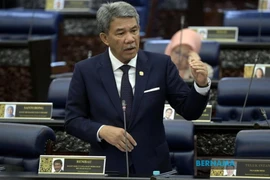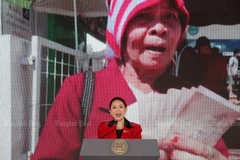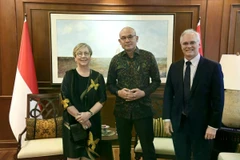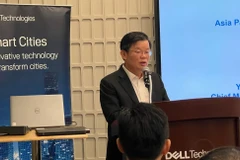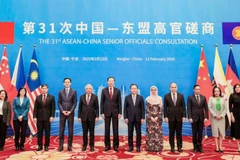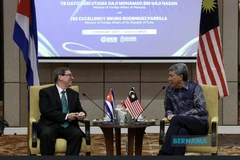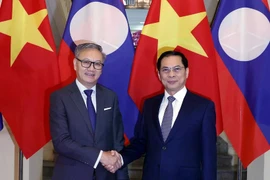Kuala Lumpur (VNA) - Malaysia’s foreign direct investment (FDI) is expected to remain robust in the long term, but there could be repercussions in the short term as investors hold back on their investment decisions amid heightened global uncertainties.
These uncertainties, triggered by geopolitical risks, are further exacerbated by US President Donald Trump’s import tariffs and the looming trade war. However, economists viewed this scenario as a temporary setback as the country’s economic fundamentals remain intact.
HSBC ASEAN economist Yun Liu said despite recent tariff announcements from the US on Mexico, Canada and China, there remains huge uncertainty on future tariff risks.
She said this would likely put investors on a cautious footing in the near term when looking not only at Malaysia, but also other ASEAN countries. However, there are still good reasons to believe in Malaysia’s growth prospects, as the determinants of FDI often focus on long-term fundamentals.
A confluence of factors, including its significance in the global tech supply chain, friendly FDI policies, existing industry clusters, a skilled labour force and extensive free trade agreements (FTAs), makes Malaysia an outperformer in the region, she explained.
OCBC Bank senior ASEAN economist Lavanya Venkateswaran expected FDI inflows to remain steady this year, saying the country remains an attractive destination for FDI inflows into manufacturing and services based on relatively solid infrastructure, young workforce, strong positions in the electrical and electronics (E&E) and commodities supply chain.
Malaysia recorded FDI inflows (on a balance of payments basis) of 29.1 billion RM for the first three quarters of 2024, about 39% higher than the period in 2023.
The outlook for investment in 2025 looks promising with FDI expected to increase by 10% to 15% in the current fiscal year. The main drivers that will attract FDI inflows into the country include accelerated economic growth trajectory, macroeconomic stability, foreign investors' positive outlook on the country, tech savvy labour force, modern infrastructure, and its strategic geographical location in the region, according to Juwai IQI global chief economist Shan Saeed./.


